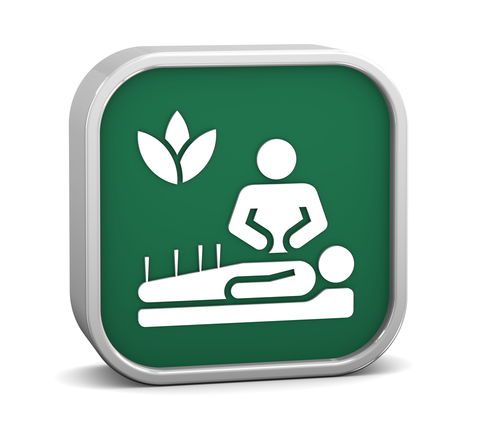

We all experience pain from time to time, but for some of us, it can become a frequent visitor that lingers; whether you suffer from a condition that can cause chronic pain, such as arthritis, or you suffered an injury that caused some sort of permanent damage, constantly experiencing pain can severely impact quality of life by limiting physical activity and causing significant mental distress. If medications are leaving something to be desired or you want to reduce your dependence on them, there are many drug-free approaches which may help and here are a few.
Quit Smoking
There are a million good reasons not to smoke and reducing pain may be another one to add to the list. According to a study published in the December 2012 issue of the Journal of Bone and Joint Surgery, people undergoing surgical or non-surgical treatment for severe back pain, who never smoked or quit smoking, experienced lower pain levels than patients who continued to smoke. Researchers found that no matter what the treatment, people who never smoked or quit smoking during the course of the study (8 months) experienced clinically significant improvements in their condition, while people who smoked did not. While other factors may be at play, these results suggest that smoking cigarettes appears to significantly impact pain levels and recovery. If you suffer from chronic pain and you smoke, it looks like this nasty habit may be a major barrier to relief; one more good reason to quit.
Acupuncture
Acupuncture has been used in Eastern healing traditions for thousands of years and currently, millions of Americans seek treatment each year for a host of conditions ranging from cancer side effects to obesity. In recent years, the West has been researching the effects of this treatment on a host of conditions, and while the results have been generally favorable, it was hard to draw definitive conclusions since so many studies were small and of low quality. But, a well-designed, comprehensive study that was published in the September 2012 issue of the Archives of Internal Medicine suggests that acupuncture is highly effective for treating pain; the study gathered data on more than 18,000 patients over more than half a decade and found that acupuncture was more effective in relieving pain in all sorts of conditions than sham acupuncture –where needles are inserted randomly rather than in actual acupuncture points—and standard forms of care. 50 percent of patients treated with acupuncture reported improvement while only 30 percent using standard treatments, such as pain medicine, reported feeling better. Acupuncturists are also well-versed in Chinese herbal medicine and other aspects of TCM that may be able to augment your acupuncture treatments.
Meditation
Like acupuncture, meditation has been a core tenet of promoting mental and physical health in the East; while most closely associated with mental benefits, such as relieving stress and adopting a more positive outlook through changes in perception, it appears to offer benefits for physical conditions, such as pain. Many studies over the years have found meditation to be effective for relieving pain. It may work in a variety of ways to do this. Brain scans suggest it reduces activity in the part of the brain that registers where pain is occurring and how intense it is. It also appears to increase activities in areas of the brain, which may positively impact how the body perceives pain. This low-impact activity –you are just sitting there after all—may be a powerful weapon in your pain-fighting arsenal. If you have never meditated before, start slowly; you will likely find it difficult due to feelings of boredom and the discomfort that comes with sitting with your thoughts and feelings without doing something to distract you from experiencing them. Commit to five or 10 minutes and work your way up.